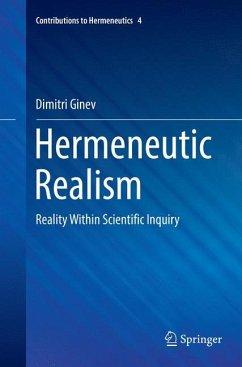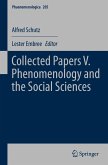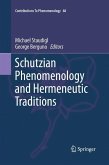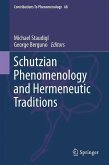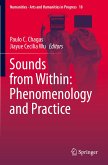This study recapitulates basic developments in the tradition of hermeneutic and phenomenological studies of science. It focuses on the ways in which scientific research is committed to the universe of interpretative phenomena. It treats scientific research by addressing its characteristic hermeneutic situations, and uses the following basic argument in this treatment: By demonstrating that science's epistemological identity is not to be spelled out in terms of objectivism, mathematical essentialism, representationalism, and foundationalism, one undermines scientism without succumbing scientific research to "procedures of normative-democratic control" that threaten science's cognitive autonomy. The study shows that in contrast to social constructivism, hermeneutic phenomenology of scientific research makes the case that overcoming scientism does not imply restrictive policies regarding the constitution of scientific objects.
Bitte wählen Sie Ihr Anliegen aus.
Rechnungen
Retourenschein anfordern
Bestellstatus
Storno

